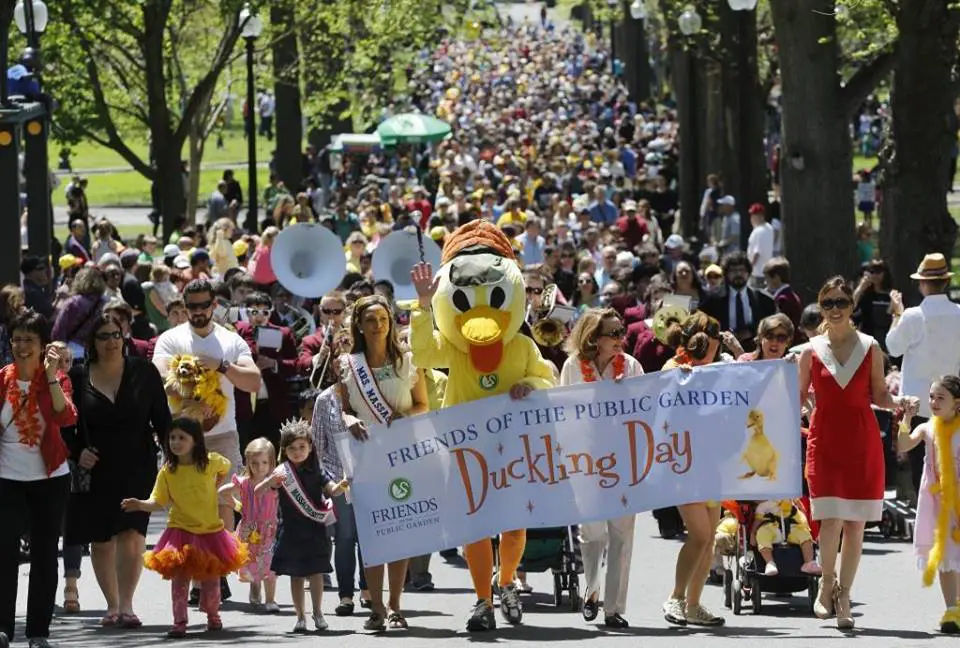
“Parents who die young usually die together” was the paraphrased quote screaming in my head on repeat as my husband and I barreled down I-95 for a wedding in New Jersey after dropping our daughter off with her grandparents. Panic sat on my chest like a ton of bricks as I fought every urge to text close friends of ours with a non-legally binding expression of our wishes while simultaneously telling my husband we needed to talk about estate planning — NOW.
Marrying into a family/friend network of lawyers has been the gift I didn’t know I needed. My husband’s high school best friend (also a lawyer) shared that haunting quote after a friend tragically died in a car accident with her husband, leaving behind two young children.
It’s something no parent ever wants to think about — the unlikely but always very real possibility that we leave our child(ren) sooner than we want.
At first, the idea of sitting down and outlining our wishes for our daughter felt unbearable. To even imagine a world where she is left without parents still brings tears to my eyes. It’s also a very strange exercise to think about having an estate when the first five years of a child’s life are notoriously the most financially strenuous on a family. Estate? What estate?
But then, as painful as it was, I expanded my view. I thought about our family and friends who would be grieving the loss of their son/daughter, sibling, aunt/uncle, godparent, and friend. Now, on top of that grief, add a court of law deciding the fate of our daughter — not us.
The thought of leaving that burden for others to carry, to me, is unforgivable.
Despite drawing out the process for almost two years, once I made it over the hurdle of imagining the unimaginable, it was fairly straightforward. Estate planning consists of two major components — determining 1) your assets and liabilities and 2) the roles you want family and friends to play in this version of the future. For assets/liabilities, an easy place to start is your most recent tax forms, a recent mortgage statement if you own your home, and a summary of your current bank statements. The two most important roles you have to first consider are guardian(s) for your child(ren), and an executor who will carry out the wishes of your will.
While a family member may feel like an obvious choice for guardianship of your child(ren), it does not have to be. My husband and I thought long and hard about who was in our daughter’s life who would raise her as close to how we would like to raise her if we were there. That choice is unique and specific to you and your family — no one else. One piece of advice we recently received was to be sure to tell family and the chosen guardian(s) verbally what is outlined in your will, rather than leaving the court of law to share your wishes for the first time after you are gone.
There are options to write up wills at a low cost, but these do not have the benefit of a lawyer looking over every detail. While an investment, if you have any hesitations about family dynamics (in-fighting, lawsuits, etc.) and/or have specific wishes of how you want your assets to be utilized (e.g., held in a trust, distributed in a specific way, etc.), hiring a lawyer ensures it is done correctly. Recently, I’ve noticed local lawyers offering cheaper packages for younger families, so it is worth asking if there are tiered options based on your specific needs.
My husband and I also considered a “dooms day” clause in our will — in the event our entire family was no longer here. We considered who would care for our dog and allocated funds for his care for the rest of his life. We considered the distribution of our assets to various family members, as well as charitable donations. While this is absolutely the worst of the worst-case scenarios, I’m glad we put some thought into how we would care for our extended family members if we were no longer here.
Estate planning, while sad and scary to think about, is a gift.
It is the gift of relief and peace that no matter what happens to me and my husband, there is a plan for our daughter. Our wishes can and will be upheld, and if the roles were reversed, I would want a roadmap from my loved ones telling me exactly what they wanted.













